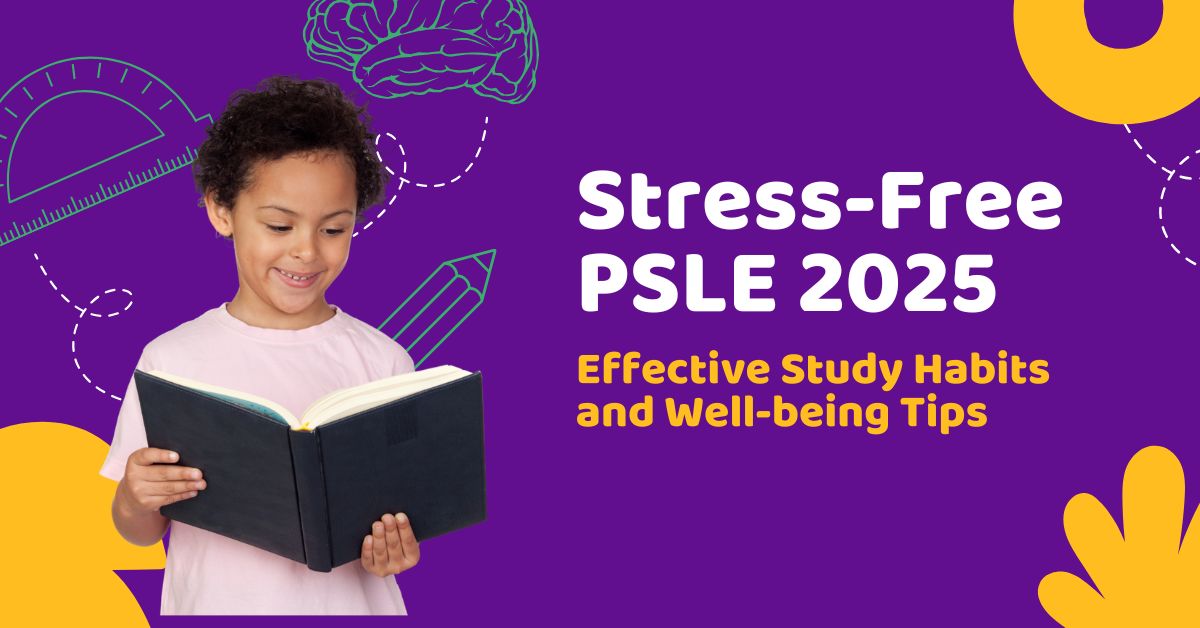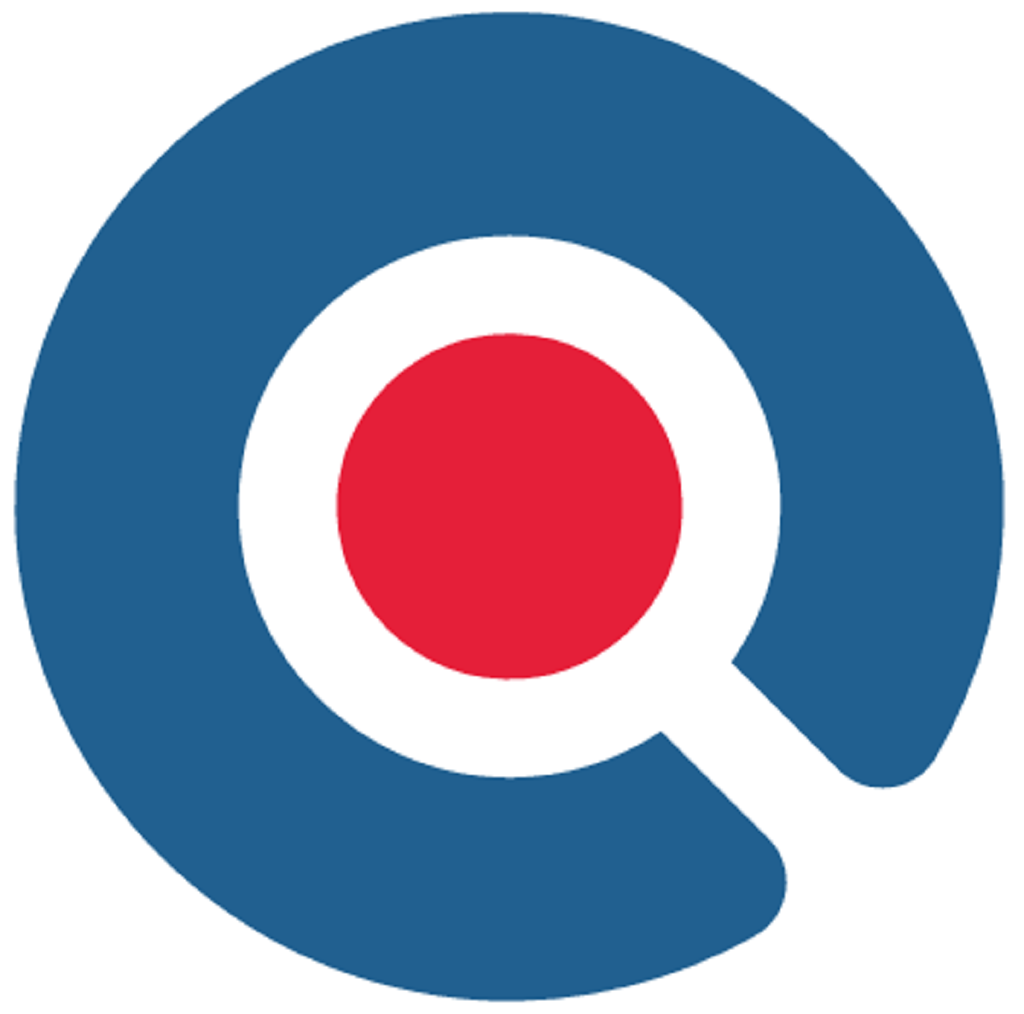The PSLE (Primary School Leaving Examination) is a significant milestone for students in Singapore, marking the transition to secondary school. While academic preparation is crucial, the pressure and anxiety surrounding the exam can significantly impact a child’s well-being. This blog post provides a comprehensive guide to navigating the PSLE journey stress-free, focusing on effective study habits and essential well-being strategies.
Effective Study Habits for PSLE Success
Effective studying isn’t about cramming; it’s about consistent effort, smart strategies, and understanding your learning style. Here are some key tips:
Create a Realistic Study Schedule
Avoid last-minute cramming. Develop a realistic study timetable that incorporates all subjects, allowing sufficient time for each. Break down large tasks into smaller, manageable chunks. Include regular breaks to avoid burnout. Consistency is key – even short, focused study sessions are more effective than sporadic, lengthy ones.
Understand Your Learning Style
Are you a visual, auditory, or kinesthetic learner? Tailor your study methods accordingly. Visual learners might benefit from mind maps and diagrams, auditory learners from recordings and discussions, and kinesthetic learners from hands-on activities and role-playing.
Active Recall and Practice Questions
Passive reading isn’t enough. Actively test your knowledge through practice questions, flashcards, and self-testing. This strengthens memory retention and identifies areas needing further attention. Past papers are invaluable resources for familiarizing yourself with the exam format and question styles.
Seek Clarification and Support
Don’t hesitate to ask your teachers, tutors, or parents for clarification on concepts you find challenging. Early intervention prevents confusion from accumulating and building stress.
Organize Your Study Space
A clutter-free, well-lit, and comfortable study environment is crucial for focus and concentration. Minimize distractions like electronic devices and noisy surroundings.
Effective Note-Taking
Develop a system for taking concise and organized notes. Use abbreviations, symbols, and color-coding to make your notes more memorable and easier to review.
Teach Someone Else
Explaining concepts to a friend or family member reinforces your understanding and helps identify gaps in your knowledge.
Take Regular Breaks
Short, regular breaks are essential for maintaining focus and preventing mental fatigue. Use the Pomodoro Technique (25 minutes of focused study followed by a 5-minute break) or find a break strategy that works best for you. Engage in physical activity or relaxation techniques during breaks.
Prioritize Subjects
Focus on your weaker subjects first, when your energy levels are high. This ensures you dedicate sufficient time to areas needing improvement.
Stay Hydrated and Well-Nourished
Proper nutrition and hydration are crucial for optimal brain function. Eat healthy meals and snacks, and drink plenty of water throughout the day.
Well-being Strategies for a Stress-Free PSLE Journey
Academic pressure can take a toll on a child’s mental and physical health. Prioritizing well-being is equally important as academic preparation.
Sufficient Sleep
Adequate sleep is vital for memory consolidation and overall well-being. Aim for 8-10 hours of quality sleep each night. Establish a consistent sleep schedule, creating a relaxing bedtime routine to promote restful sleep.
Regular Exercise
Physical activity reduces stress, improves mood, and boosts cognitive function. Encourage your child to engage in regular physical activity, such as sports, dancing, or simply playing outdoors.
Mindfulness and Relaxation Techniques
Practicing mindfulness techniques, like deep breathing exercises or meditation, can help manage stress and anxiety. Even short mindfulness sessions can make a significant difference.
Healthy Diet
A balanced diet provides the nutrients necessary for optimal brain function and energy levels. Limit sugary drinks and processed foods, focusing on fruits, vegetables, and whole grains.
Time for Hobbies and Interests
Make time for activities your child enjoys, providing a break from studying and a chance to relax and recharge. Hobbies help reduce stress and maintain a sense of balance.
Social Connection
Maintaining social connections with friends and family is crucial for emotional well-being. Encourage your child to spend time with loved ones, engaging in activities they enjoy together.
Positive Self-Talk
Encourage positive self-talk and avoid negative self-criticism. Focus on effort and progress rather than solely on results.
Seek Professional Help
If your child is experiencing significant stress or anxiety, don’t hesitate to seek professional help from a counselor or therapist.
Parental Support and Guidance
Parents play a crucial role in supporting their children through the PSLE journey.
Create a Supportive Environment
Provide a calm and encouraging environment at home, free from excessive pressure.
Open Communication
Maintain open communication with your child, encouraging them to share their concerns and challenges.
Avoid Comparisons
Avoid comparing your child to others. Focus on their individual progress and celebrate their achievements.
Lead by Example
Demonstrate healthy coping mechanisms for stress management, showing your child how to manage pressure effectively.
Celebrate Efforts
Acknowledge and celebrate your child’s efforts, regardless of the final results. The PSLE is one step in a longer journey, and their resilience and hard work are commendable.
Final Words
The PSLE is a significant event, but it shouldn’t define a child’s self-worth or future. By focusing on effective study habits and prioritizing well-being, students can navigate this period with less stress and greater confidence. Remember that academic success is built on a foundation of consistent effort, smart strategies, and a healthy mind and body. The journey to the PSLE is an opportunity for growth and learning, and with the right approach, it can be a positive and rewarding experience for everyone involved. Visit Explico to register now!


